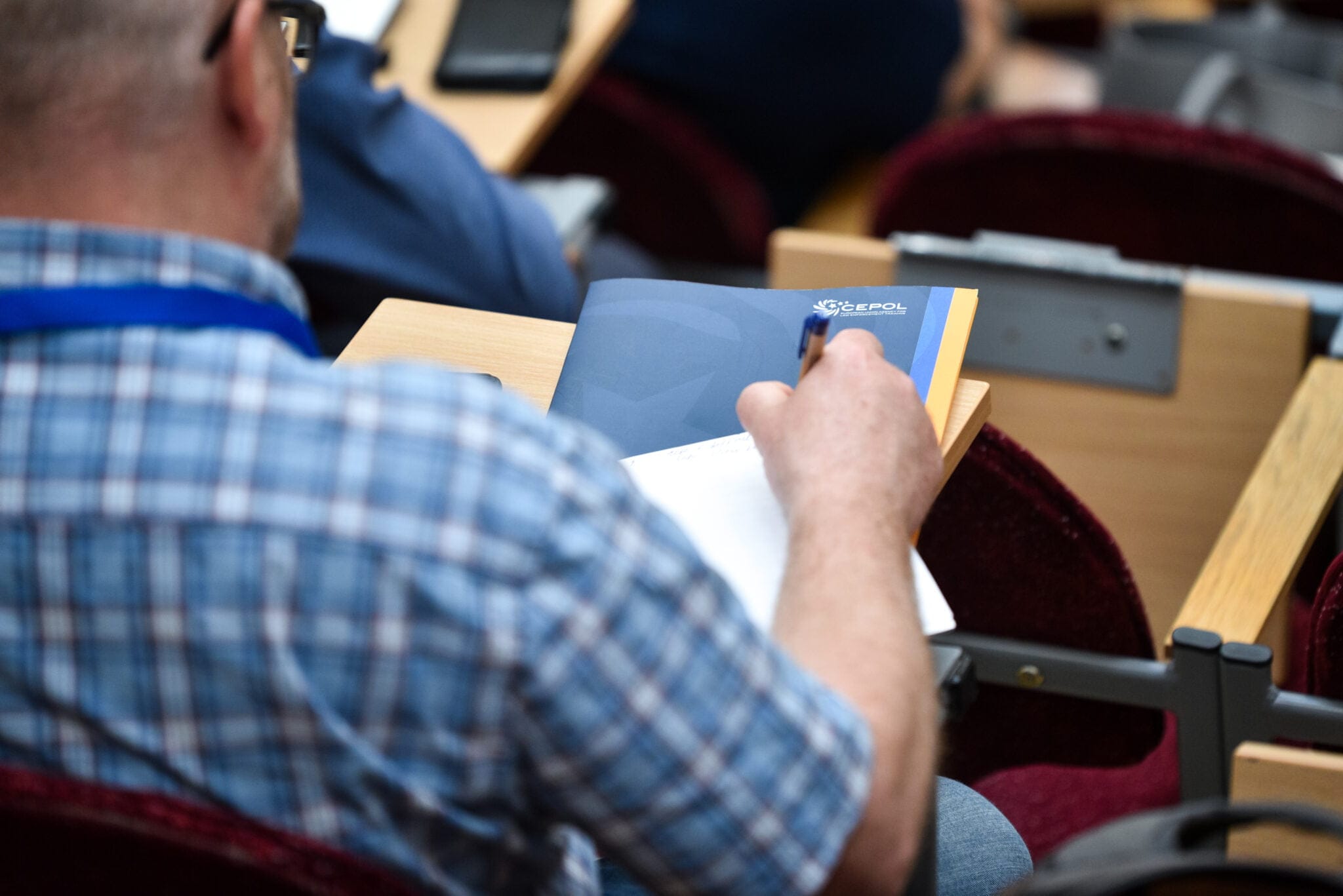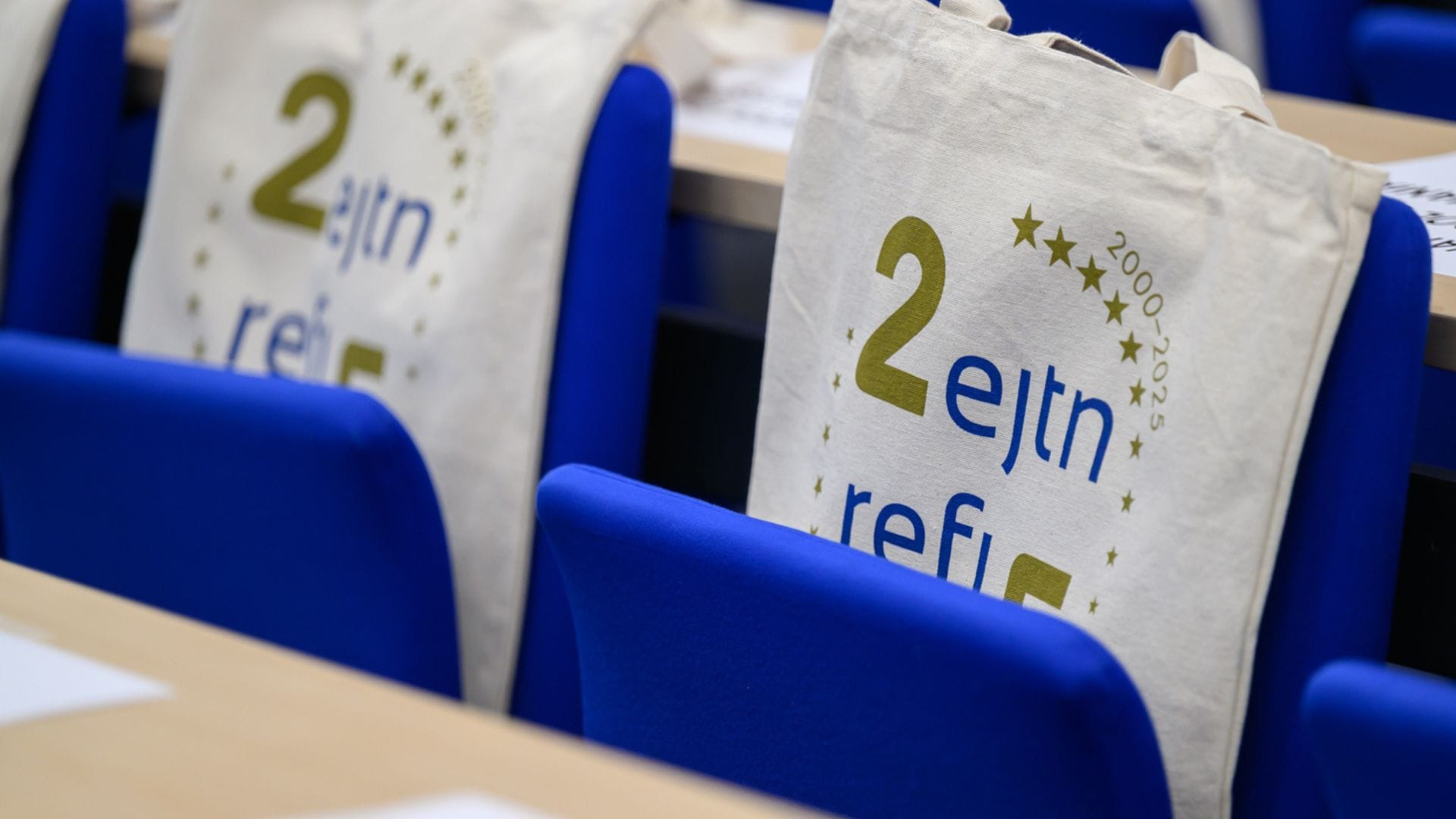As the New Year had just started, the EJTN, led by the newly appointed Secretary General, Ms Ingrid Derveaux, visited the Western Balkans region, as one of its first official missions. Supported by the Western Balkans II Project team, Mr Giovanni Pasqua and Ms Vanja Tekic, she met with EJTN’s partners in Bosnia and Herzegovina and the Republic of Serbia.
Developing a vision for supporting the Western Balkans’ judiciaries
The discussions between the EJTN and its partners addressed how the network could further support EJTN Observers in their efforts to strengthen and modernize their judiciaries and thus foster the current processes in several countries in the Balkans aiming to promote their alignment on EU standards. In this regard, a central objective of the visit was to understand better the specific needs of each judiciary concerned.
Furthermore, the EJTN delegation and members of the Bosnian and Serbian judiciaries exchanged views on the promotion of EU law and training for local judges and prosecutors. They also discussed the importance of CJEU case law.
The EJTN is grateful for the opportunity to play such a direct role in building a wider European judicial community, as supported by the European Commission’s Directorate-General for Neighborhood and Enlargement Negotiations (DG NEAR).
Ongoing activities: the Western Balkans II Project
The Western Balkans II Project, which is currently being implemented, has enabled the EJTN to offer targeted support for developing training programs on EU law and welcome Western Balkan judicial professionals in EJTN activities.
Against that background, the EJTN welcomes its Observers’ increasing involvement and dedication, with remarkable successes across the board, including young judges’ participation in the Themis Competition. You can read more about last year’s Grand Final in Serbia here.
Thanks to its Observers’ and Members’ experiences and exchanges, the EJTN is becoming a broader and richer network of partners.
The way forward
As a leading organization in European judicial training, the EJTN enjoys a unique position to bring together practitioners having valuable perspectives and experiences of EU integration in their national legal systems and, therefore, to support judicial reforms in the Western Balkans.
The EJTN is committed to continuing to support these processes in the future. Over the next two months, the EJTN will meet other key partners in the region, including the Albanian School of Magistrates, the Kosovo Justice Academy, the Centre for Judicial and Prosecutorial Training in Montenegro, and the Academy for Judges and Prosecutors in North Macedonia.
EJTN wishes to thank once again the Centre for Judicial and Prosecutorial Education of the Federation of Bosnia and Herzegovina, the Centre for Judicial and Prosecutorial Training of the Republika Srpska, the Judicial Academy of the Republic of Serbia, the Delegation of the European Union to BiH, the Delegation of the European Union to Serbia, the High Judicial and Prosecutorial Council of Bosnia and Herzegovina, the High Judicial Council of the Republic of Serbia, the State Prosecutorial Council of the Republic of Serbia, and the Ministry of Justice of the Republic of Serbia for the fruitful exchanges during the visit in the Balkans.




